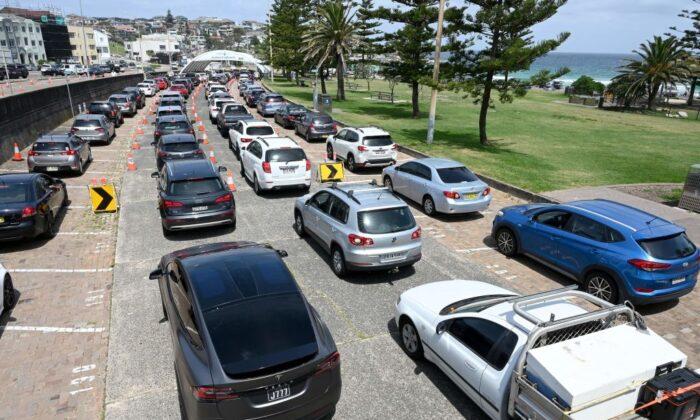Victoria’s hate speech laws are set to expand to protect LGBT individuals and people with disabilities, moving beyond the current provisions, which only cover race and religion.
The proposed changes, which represent a major overhaul of the Racial and Religious Tolerance Act, also lower the threshold for criminal charges. Prosecutors will now only need to show incitement of hatred rather than requiring evidence of physical harm.
Attorney-General Jaclyn Symes said the changes aim to protect vulnerable groups from targeted hate without restricting genuine religious practices.
“This isn’t about curtailing religious practice,” she told ABC. She assured that expressions of faith in good faith would remain protected.
The amendments, expected to be tabled in Parliament by end of November, also extend legal protections to family members or close associates of people with protected characteristics, covering attributes such as disability, gender identity, sex, and sexual orientation.
As per the Victorian government official site, the revised law introduces two new criminal offences under the Crimes Act for incitement and threats, targeting intentional or reckless hate actions in both private and public settings, including online spaces.
Balancing Free Speech with Protections for Vulnerable Groups
A new “political purpose” defence was added, which shields individuals from incitement charges if they act with legitimate political intent, balancing free speech with public safety.Vilified individuals will have the option to seek remedies through the Equal Opportunity Commission or VCAT.
However, complaints may now be filed for conduct in both public and private settings, raising concerns among some religious groups about the potential impact on religious teachings.
Concerns from Religious Organisations
The proposed laws have prompted concerns among some religious groups. Robert Gregory, CEO of the Australian Jewish Association, questioned the need for changes beyond the current focus on race and religion.“Aside from the surging antisemitism crisis, which these changes will have little impact on, it’s unclear why these additions are necessary,” he told The Epoch Times.
Gregory expressed concern that the laws might be “weaponised by activists” to suppress diverse opinions, especially on issues like gender identity.
“Some attributes like ‘gender identity’ are highly controversial, and any attempt to impede free speech should be resisted,” he said, adding that fixed attributes like race are fundamentally different from subjective attributes like “religious beliefs” and “religious activities.”
He also raised concerns about the inclusion of private conduct under the law, fearing it could lead to legal challenges against people of faith for private beliefs.
Support for Reforms
In 2019, then-Victorian MP Fiona Patten introduced a bill to extend hate speech protections to cover sex, sexual orientation, gender identity, sex characteristics, and disability.The bill led to a parliamentary inquiry, with bipartisan support in its 2021 report recommending extending Victorian hate speech protections to the LGBT community as well as to women and people with disabilities.
Even Broader Scope
The Victorian Council of Social Service (VCOSS) supports the government’s proposed reforms but calls for a broader approach.VCOSS suggests expanding protections to cover sex worker status, homelessness, and immigration status, along with a more inclusive definition of disability, arguing that these additions would create a more comprehensive safeguard against vilification.
The Victorian Mental Illness Awareness Council (VMIAC) has also called for protections for people with mental illnesses.
Addressing Extremist Behaviour, Hate Crimes
The amendments are being introduced amid heightened concerns over extremist activities and hate crimes in Victoria.Last week, Jacob Hersant, was sentenced to jail for performing the Nazi salute in public.
Around the same time police carried out an operation targeting members of the National Socialist Network, linked to multiple hate-related incidents across Melbourne.
This action followed a public incident in Port Melbourne, where individuals wearing offensive clothing allegedly harassed members of the public.
Earlier this year, both federal and New South Wales governments introduced new restrictions on Nazi symbols and gestures as part of efforts to curb hate-driven extremism.







